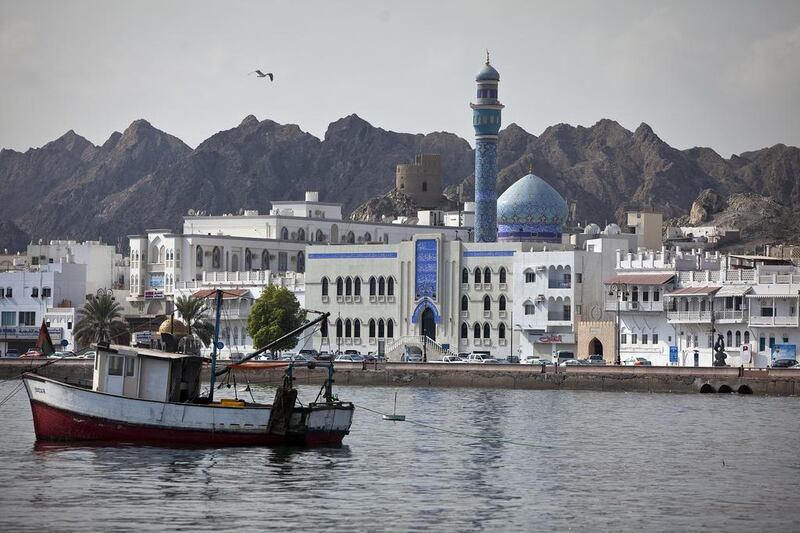Oman’s health minister said on Tuesday that hospitals are intensifying training in critical care for medical staff as the rate of Covid-19 infections increases in the country.
Dr Ahmed Al Saidi also said he is calling doctors who are not on the Covid-19 frontline to join the critical care units to treat infected people.
“With the increasing incidence of Covid-19 infections, we have seen the demand for critical care services increase too. Thus, to meet this increasing demand, the critical care units have been training more staff and arranging the essential requirements. Furthermore, some of you might be called to join and support your colleagues in the front line teams,” Dr Al Saidi said on state television.
Oman’s current number of infected people has more than doubled from the number reported a month ago. On Tuesday, the country reported 712 new cases taking the total number of infected people to 18,198 with 83 deaths while 4,152 people have recovered.
Oman is testing an average of 2,500 people a day for the symptoms of the virus. Medical staff say that testing and care take up most of their time especially in the remote areas of the country.
“With the increasing number of infected people in the last 30 days, it is making it difficult for us to test every one while others need treatment and care. It is a big country and some of us have to cover remote areas to make sure everyone receives the attention they deserve,” Jamila Saif, 27, one of the Covid-19 testers and a nurse working in the front line, said.
Dr Al Saidi last week said that the reason for the sharp increase of the pandemic infections in the last one month was the illegal gatherings during the Ramadan’s Iftar and night prayers. Oman also banned Eid prayers as well but some areas of the country broke the rule, according to local newspaper reports.
People who live near the labour camps say that residents, mostly from the Indian subcontinent countries, flouted the rules.
“Residents gathered illegally in the month of Ramadan and Eid days in the three labour camps within a one kiliometre radius of my house. Not only they ate together but performed prayers in a group without masks,” Rashid Al Oufi, 36, a man who lives in the industrial area of Ghala in Muscat, said.
About 65 per cent of infected people in Oman are Bangladeshis, Indians and Pakistanis. In the last two months, over 1,500 residents were repatriated back home in special flights.







